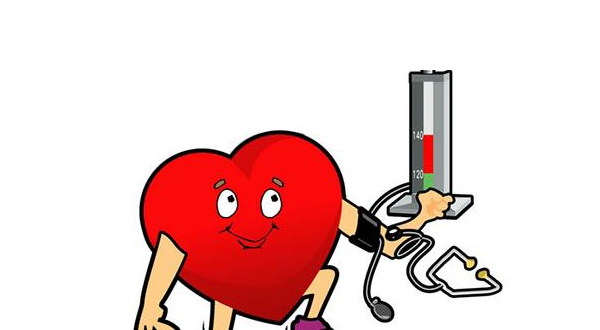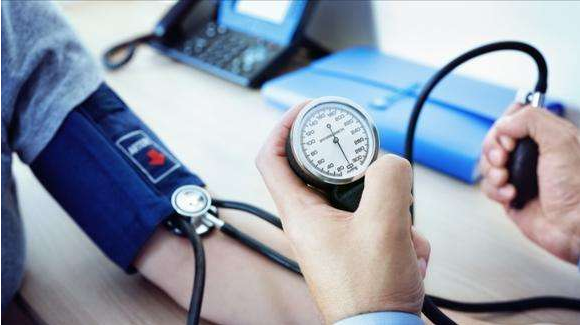High blood pressure has a close relationship to the weather. A sudden sharp drop or increase in temperature would cause changes in blood pressure.
According to the research, temperature changes have an impact on blood pressure. The incidence of high blood pressure before cold weather arrives, the temperature falls rapidly is about 50%, and another 30% happens when the temperature rises to a peak. Thus during the spring and autumn, when the weather changes rapidly, it is prone to have high blood pressure relapse.
Why does the fall of the temperature causes higher blood pressure?
The cold air stimulates the blood vessels of our body. And our blood vessel elasticity will decrease, the peripheral resistance will increase, the blood circulation will not be smooth, and the blood pressure will increase.
Due to the influence of genetic factors, the sympathetic nerve reactivity of hypertensive patients is more sensitive than that of healthy people. When stimulated by cold air, the sympathetic nerve will stimulate the secretion of adrenal cortex hormones, causing arteriolar spasm and constriction and peripheral resistance to increase. Thus, there is a rise in blood pressure.
Secondly, fibrinogen in the blood will also increase due to cold stimulation, which will increase the viscosity of blood pressure and promote the formation of emboli in the blood, which can easily lead to cerebral hemorrhage, or cerebral infarction, and other diseases. For the elderly, it is also a complication that requires vigilance and prevention.
How do we prevent a spike in blood pressure in winter?
1. Master the principles of diet after the weather turns cooler
The scientific method is a low-salt food therapy to control the daily salt intake below 5 grams. We can have more fungi, mushrooms, black beans, soybeans in our meals. Besides, we need to have less spicy food and heavy-tasting foods. These foods contain too much salt for hypertensive patients. We should eat as little as possible or even not appear on our menu. If we think our food is too light, we can replace MSG, soy sauce, and hot sauce with condiments such as vinegar, mustard, sesame oil, and onions.
2. Have self-prevention precautions
Keeping warm is very important. It can prevent cold air from stimulating vasoconstriction and raising blood pressure. Put on warm clothes when we go out, and avoid walking in the wind. Before morning exercises, we must take antihypertensive drugs and keep warm. People with unstable blood pressure should not go out for morning exercises in cold weather.
3. Have blood pressure monitoring regularly
It is recommended to measure blood pressure once a day in the morning, at noon, and at night. It is convenient for patients to know the law of blood pressure changes, understand the status. We can reduce the measurement times after we have stable blood pressure measurements.
We can choose electronic monitors with BP cuffs with FDA or CE approval. Before we have blood pressure measurement, we need a rest for at least 5 minutes if we have exercises and we have to stay in a be quiet and comfortable environment with the appropriate seat. The arms should be at the same level as the heart.
What should we do if the blood pressure has risen in cold weather?
It's not because the medicine doesn't work if the blood pressure rises in cold weather. Don't be anxious and ask the doctor for new pills. As long as the blood pressure increases more than 20 mm Hg continuously, we need adjustment for the medication. If the change range is within 20 mmHg, we can consult our doctor to increase the dosage or add medicines to avoid huge blood pressure fluctuations.
If there is a clue that we have blood pressure, it is better to visit our doctor as early as possible. It increases the treatment difficulty if it is delayed.








0 Comments